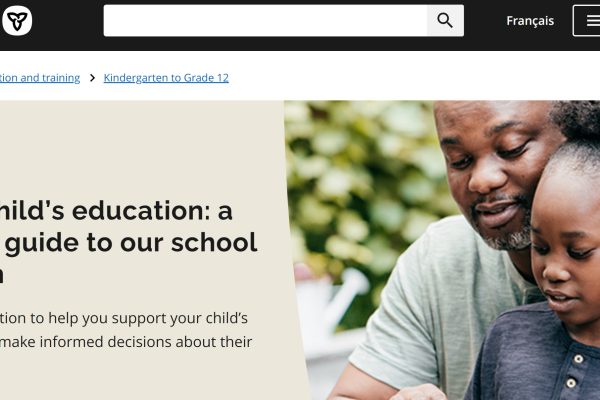New Gender Identity Policy Guidance
The recent lawsuits filed against the governments of Saskatchewan and New Brunswick have presented the issue of gender identity in schools as a conflict between parents’ rights and the rights of children. In fact, the rights and best interests of children will be best served by replacing the current policies on gender identity in schools with a policy based on well-established principles of child and adolescent development and an evidence-based model of care.
This document was created by a non-partisan, non-religious coalition of Canadian parents, healthcare professionals, and others. The goal is to inform policies that prioritize the present and long-term health and well-being of all people who experience gender distress based on scientific evidence. We believe this can be done while supporting the rights of lesbian, gay, bisexual and transgender people to live free from discrimination and harassment.
English and French versions of the document can be downloaded here:
Supporting Gender Questioning Students in Canadian Schools
When a child seeks to change his or her name and pronouns at school, parental involvement is essential for the best interest of the child (Chapter 6). The problem facing schools, however, is much larger. The current policies on gender in schools are based on a flawed understanding of gender identity which considers it solely as a human rights issue and ignores the mental health challenges that gender-questioning youth frequently face.
Furthermore, the existing policies assume that the current gender-affirming model of medical care is safe and effective. In fact, systematic reviews have found that the evidence supporting the affirming model of care is low quality and several European countries have now rejected it. (Chapter 5) There is a strong association between social transition at school and seeking medical and surgical transition.
The number of youth seeking gender transition has risen dramatically over the last ten years. This has coincided with an increase in mental health problems of all types among teenagers. Some of these problems have been traced to social influence, in particular social media, but the link between social influence and transgender identification is not being explored. (Chapter 5)
The nature of gender identity development in children and adolescents is not fixed; it may be influenced by trauma, autism, mental health or may simply be an emerging indication that a child will grow up to be gay. There are a growing number of detransitioners and desisters who have been harmed by the rush to affirm what turned out to be a transitory gender identity. We’re concerned that current education policy does not take into consideration the developmental reality of identity formation in young people and instead, has adopted a very narrow social justice perspective which has started to funnel youth down a path of irreversible medical interventions with unknown and high-risk health outcomes.
The current school policies and the affirming model of care are particularly harmful to lesbian, gay and bisexual youth, who often experience a period of gender non-conformity during their development. Many of these youth are pursuing medical transition and are not receiving appropriate psychotherapeutic care to explore how their emerging sexuality may be influencing their self-identified gender and desire to transition.
Please take the time to read and consider this evidence-based perspective and the policy recommendations that flow from it.




